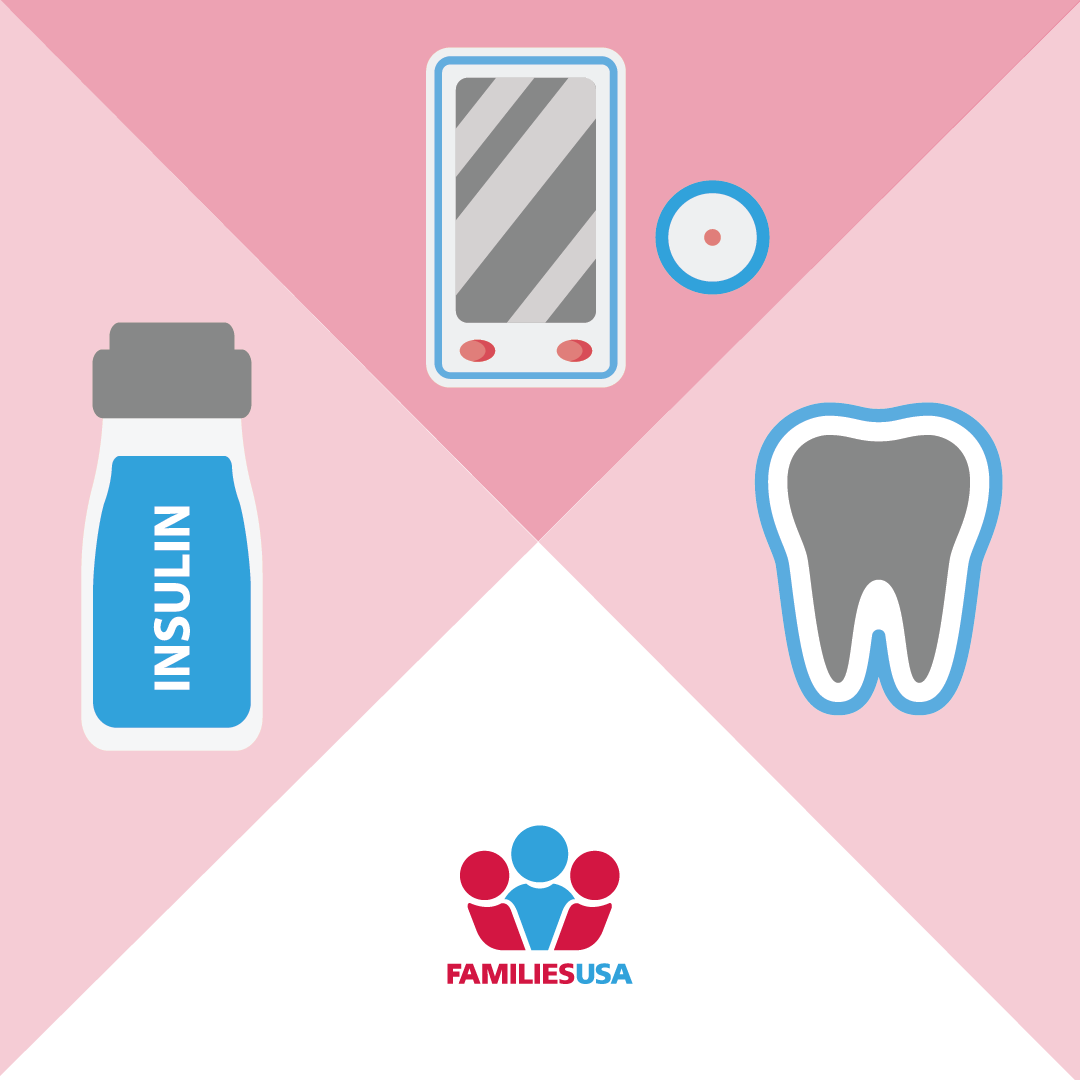
Action for Dental Health Act brings much needed attention to oral health issues
08.15.2018
Nobody wants a root canal, but millions of Americans with mouth pain know it might be their best shot at protecting a tooth and stopping an infection from spreading—if they can afford it. Oral health affects all health and too many people in this country cannot access care. That’s why the Senate is considering the Action for Dental Health Act. But this measure should be the first appointment on our nation’s oral health checkup.
The Action for Dental Health Act would allow more organizations to qualify for Health and Human Services (HHS) grants to support activities that improve oral health through education and dental disease prevention. The grants would also be used to develop and expand outreach programs establishing dental homes for children and adults, including the elderly, blind and disabled. The legislation has bipartisan support and passed the House overwhelmingly earlier this year.
It has been nearly 20 years since U.S. Surgeon General Dr. David Satcher released the report, “Oral Health in America”. “You cannot be healthy without oral health,” the report stated. But oral health remains an isolated, and often too neglected, part of health care. Poor oral health is linked to diabetes, adverse pregnancy outcomes, heart disease, childhood illnesses, even lost school and work hours. Millions of Americans suffer the physical and financial consequences of untreated dental problems, and our health care system pays the price.
The Act should start a conversation about the importance of oral health, put more resources into care
In the twenty years since the Surgeon General’s report, dental coverage has made only incremental progress. That is the reason that legislation, starting with the Action for Dental Health Act, is still needed. This legislation is the first step, and it offers an opportunity to remind lawmakers that much more needs to be done to break down the barriers that arise from the patchwork of dental plans and services now available.
This legislation could be a helpful, short-term start to getting more resources into oral health and starting a conversation about these issues. More importantly, the Action for Dental Health Act could serve as a starting point for Congress to pay more attention to policy solutions that really address the coverage, access, and equity problems that result in our nation’s poor oral health.
Action for Dental Health is a good step, but longer-term solutions to support oral health coverage and care are needed for America’s most vulnerable
In the long term, a number of steps need to be taken to ensure that effective oral health care is available to more of the Americans who need care most. Part of the solution is to ensure that the millions of people who rely on Medicare for health insurance, and yet cannot get any sort of dental coverage, are able to get covered and get care.
Two-thirds of the elderly and disabled persons in the Medicare program do not have dental coverage, which can lead to Medicare paying for costly, preventable medical problems and financial trouble for people living on fixed incomes. Adding comprehensive dental coverage to Medicare would drastically improve millions of people’s health and well-being, and prevent even more of the medical costs that stem from oral disease.
At the very least, the Center for Medicare and Medicaid Services (CMS) could allow Medicare to cover “medically necessary” dental care. This coverage would be for oral health care needed to directly address a medical problem, such as like getting an oral infection treated before transplant surgery. There is an on-going effort to advance this cause, including a current push to generate letters from Members of Congress asking the administration to explore this issue.
With the Action for Dental Health Act making its way through Congress, lawmakers need to hear about the broader issues facing oral health across the nation. More steps are needed to get at the root of the oral health needs of all Americans. We hope to see continued momentum for addressing some of these critical oral health issues.


